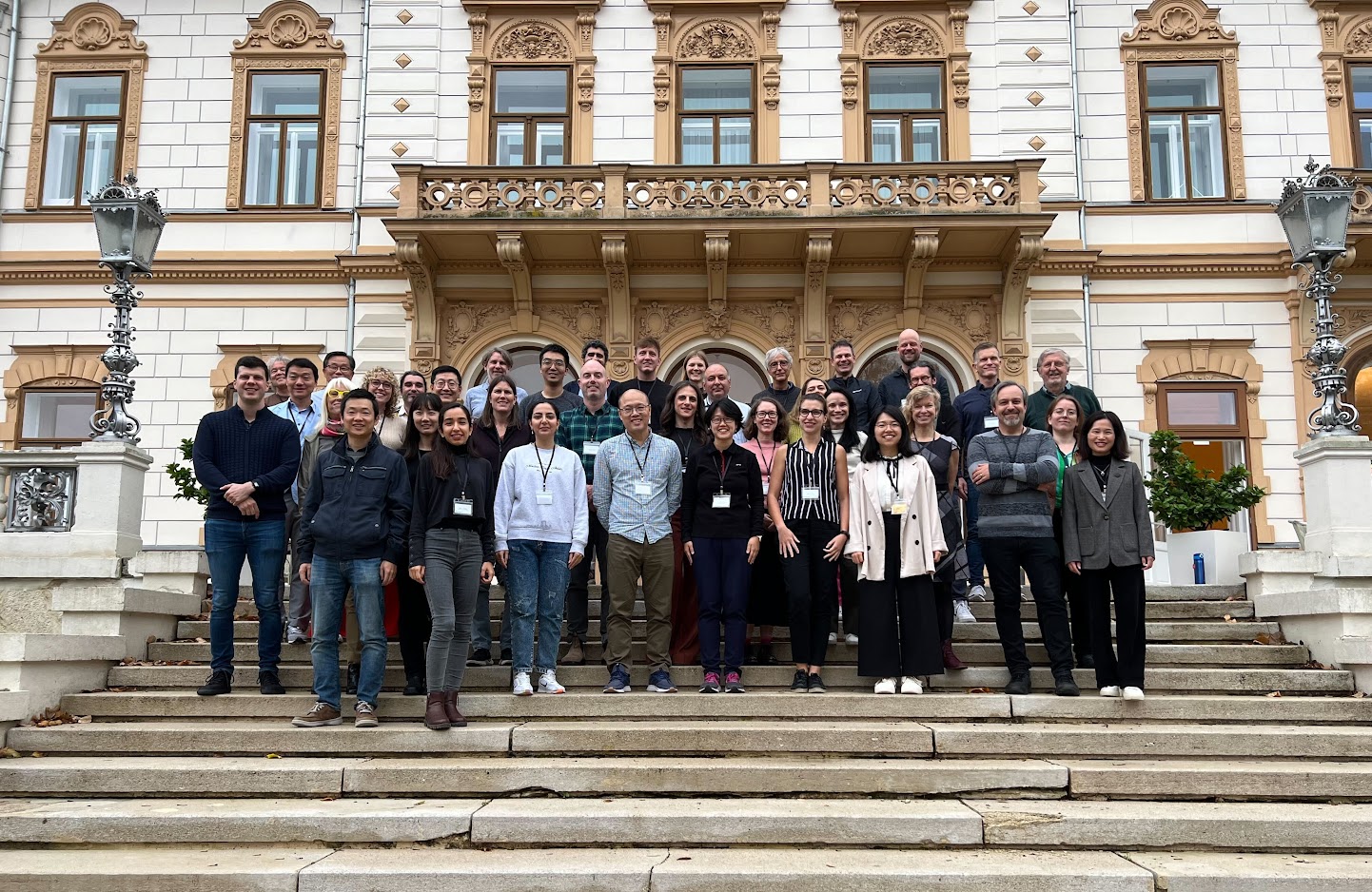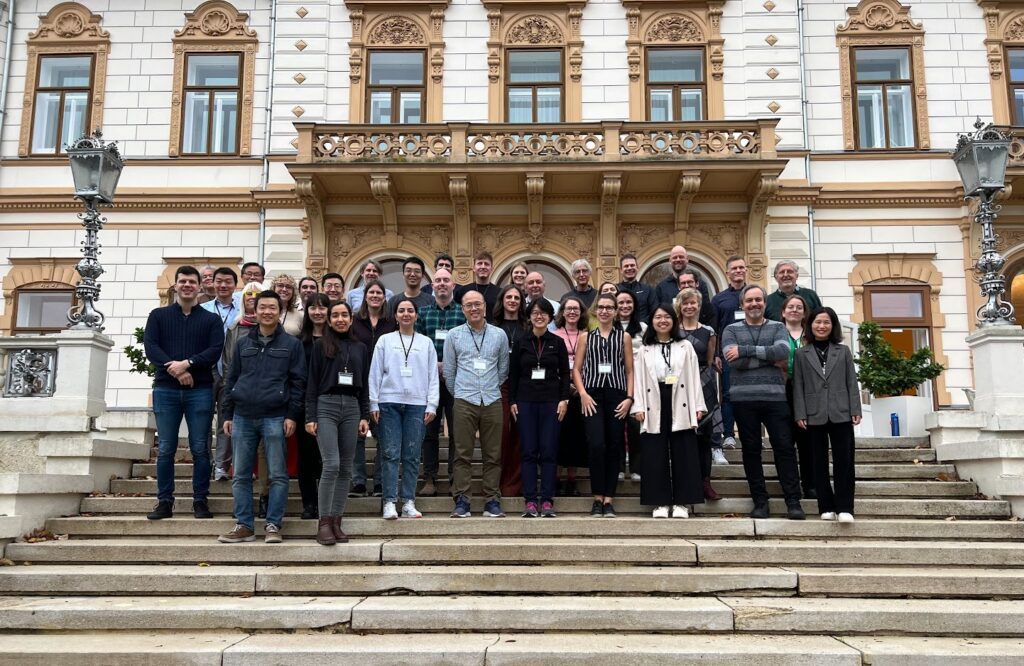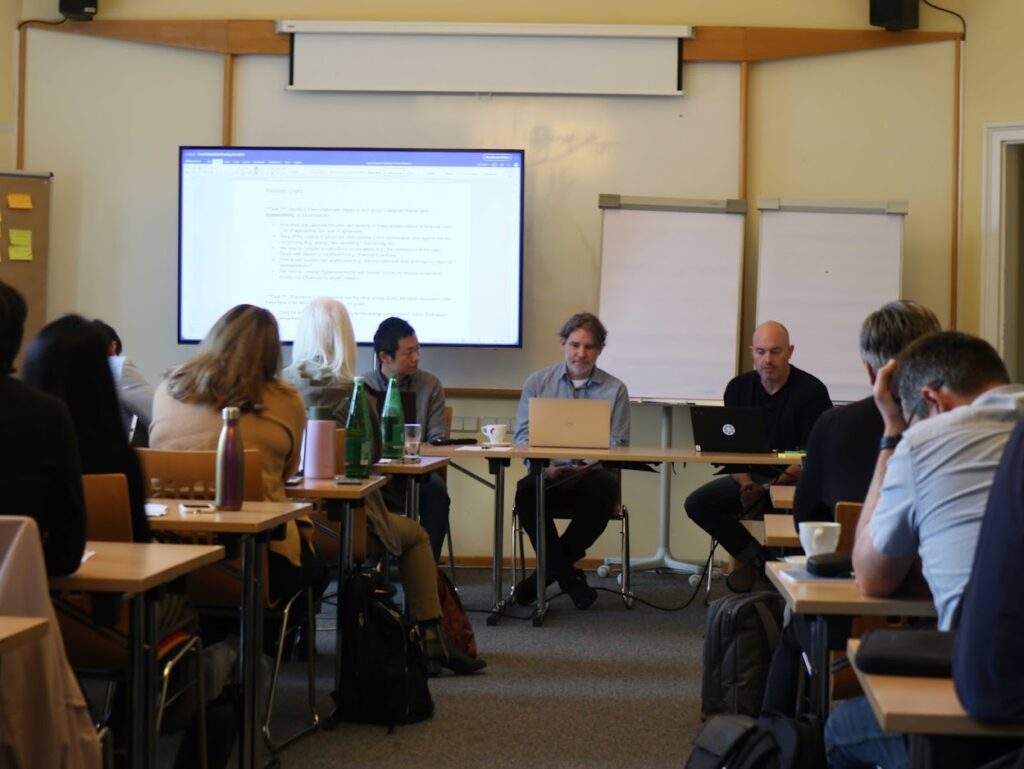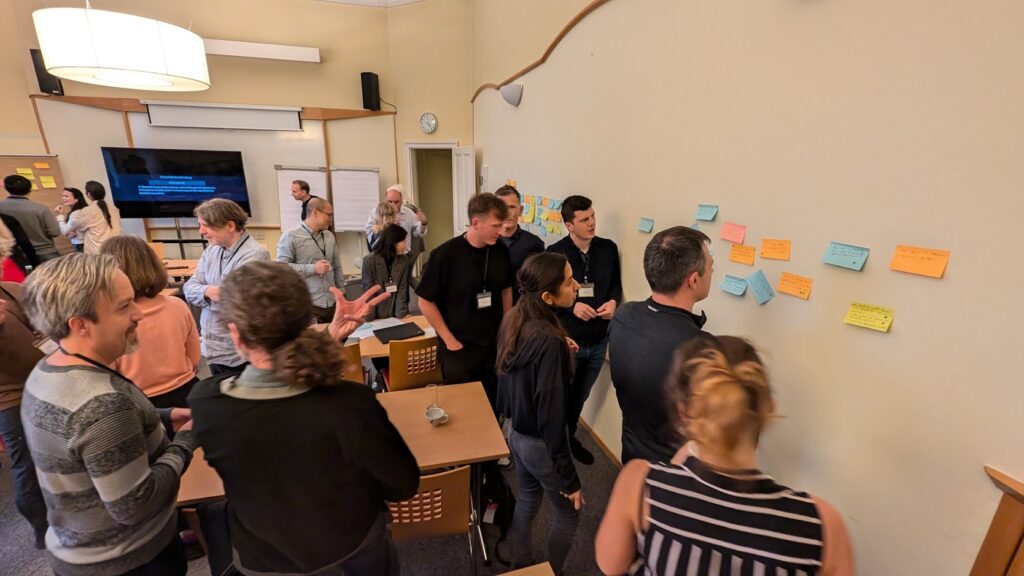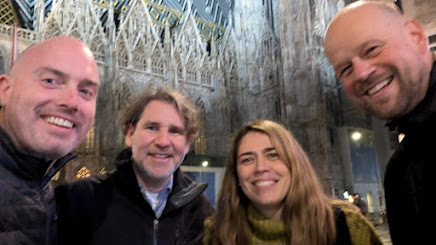Author: Grant McKenzie
In late October, I had the privilege of attending the specialist meeting on Sociotechnical Foundations of GeoAI and Spatial Data Science held at the beautiful Springer Schlössl (palace) in Vienna, Austria. The meeting brought together an impressive group of researchers, practitioners, and thought leaders to discuss the ethical and sociotechnical dimensions of Geographic Artificial Intelligence (GeoAI) and Spatial Data Science in the age of generative AI and foundation models.
The event truly was a whirlwind of dynamic exchanges, with in-depth discussions (and occasionally, heated debates) on topics ranging from AI sustainability and bias in GeoAI systems to the ethical implications of deploying geo-foundation models. I was most excited about our discussions on trust in GeoAI and accountability — issues I consider central to shaping the responsible development of these technologies, and use in geography more generally.
The workshop was not just about exchanging ideas but also about collaboratively envisioning the future of Spatial Data Science. I left with a deeper understanding of the challenges and opportunities in our field, as well as excitement about the next steps. I am looking forward to reading the workshop report and forthcoming vision papers that will bring together the diverse perspectives shared at the meeting.
In all, this specialist meeting, like the Santa Barbara Upham meetings before it, was a valuable reminder of the importance of interdisciplinary, in-person, collaboration in shaping the future of geospatial data science.

